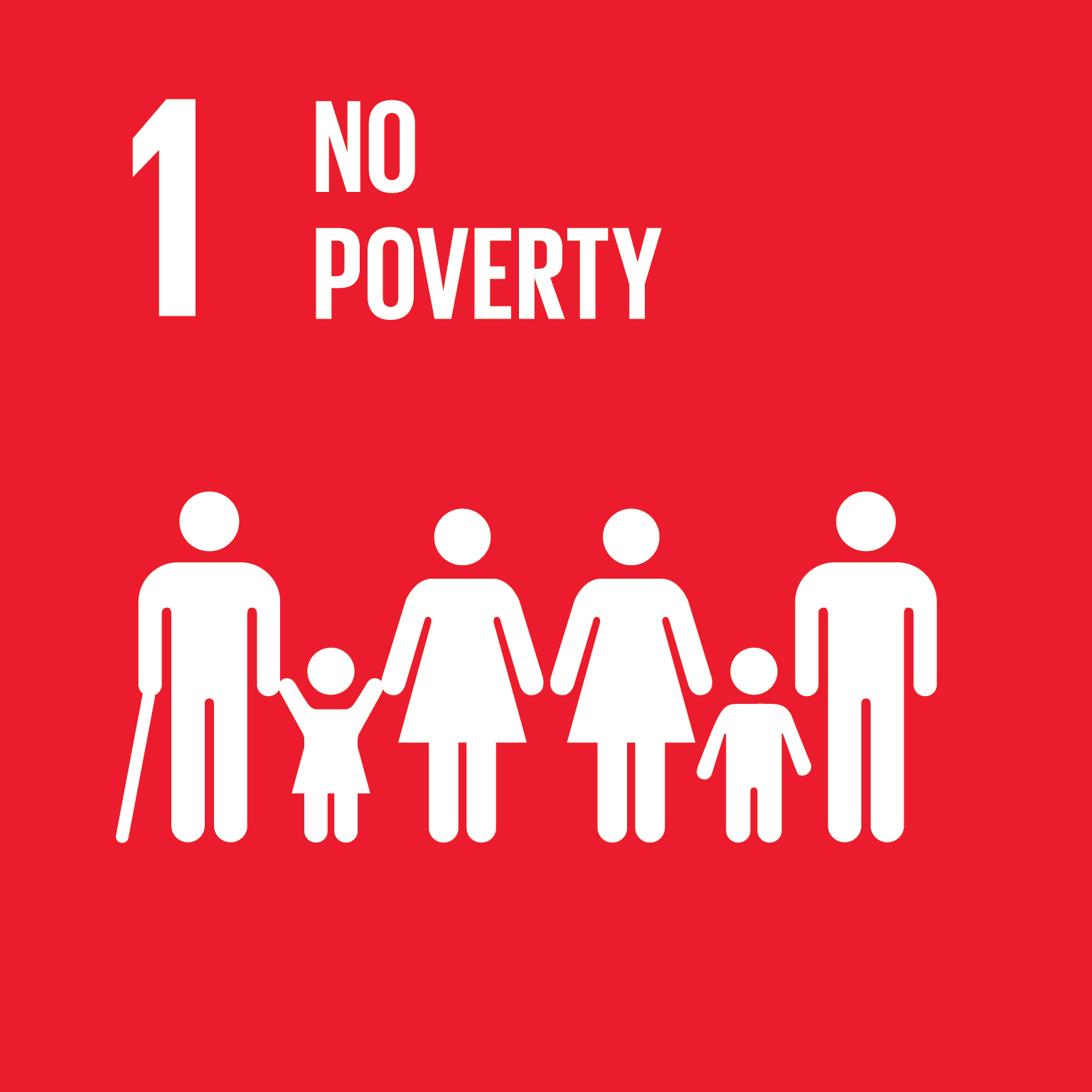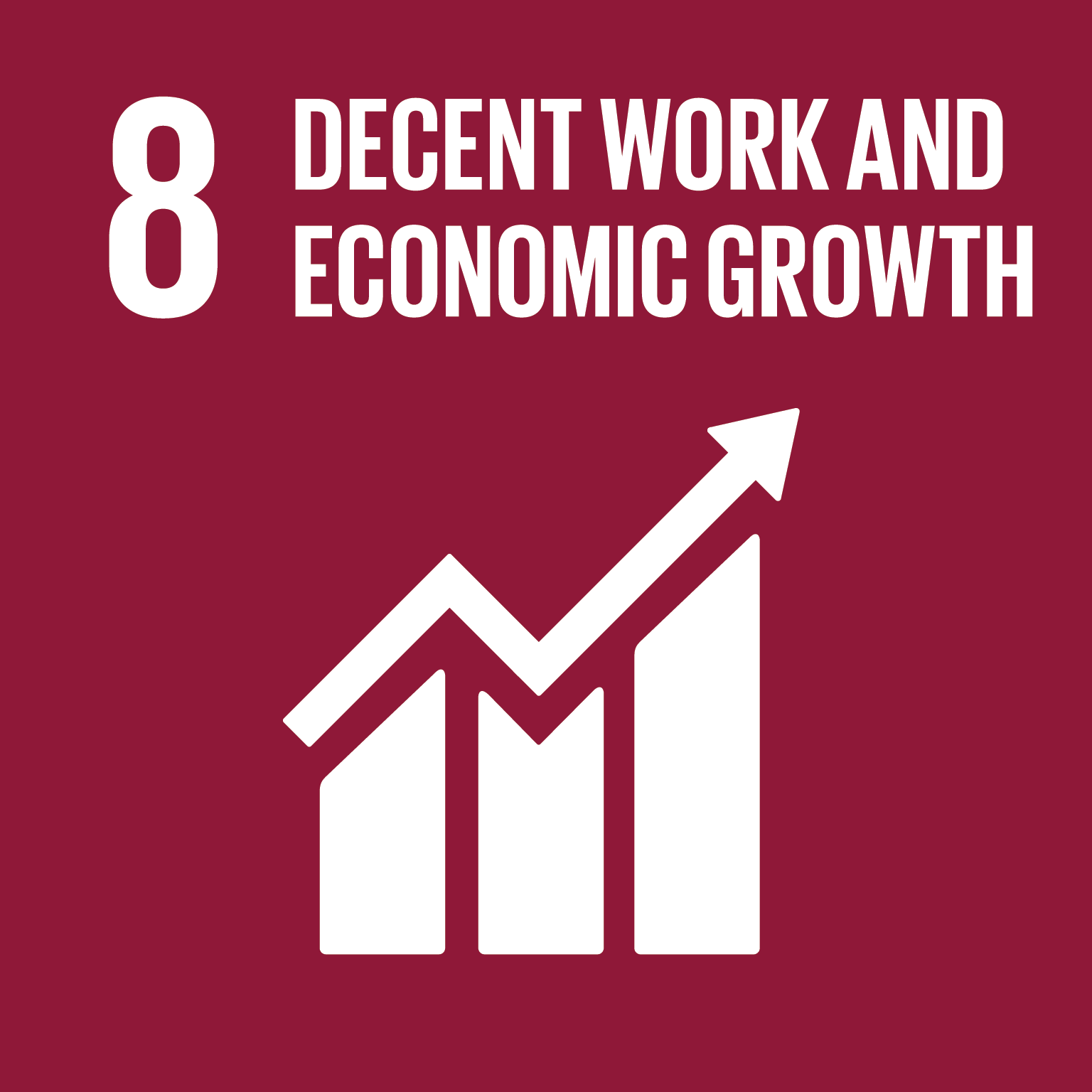Africa Kaizen Initiative
Japanese management approach of continuous improvement to enhance quality and productivity
Challenges
Innovative products and services have the potential to change our lives on a global scale. Some of these innovations are the result of continuous problem-solving activities. These activities are often supported by skills and knowledge that are endogenous to firms: in other words, firm capabilities. However, in many countries, such innovations are hindered by inefficient workforce and working environments. For example, in many manufacturing factories in least developed countries (LDCs), old equipment is often used without proper daily maintenance or correct knowledge of how to use it. As a result, machines keep having operational problems and produce defective goods, which leads to less profit and thus affects employees’ motivation. Ways to identify technical problems and to improve the productivity are needed to scale up economic activities in developing countries.
Towards a Solution
The Japan International Cooperation Agency (JICA) has been supporting development of the manufacturing industry and small and medium enterprises (SMEs) in more than 30 countries by introducing the Kaizen philosophy and providing capacity development to consultants and organizations that support SMEs. JICA’s first Kaizen project was introduced in Singapore in 1983 and later replicated to Asia, Eastern Europe and Latin America. It is currently spreading and evolving in Africa.
The word “Kaizen,” a general term meaning “techniques and tools for improvement of quality and productivity,” was first used in Japanese manufacturing industries, but is now recognized worldwide. The core value of Kaizen is an attitude shared among all members of an organization to consistently pursue improvement in quality and productivity, and not just applying it as a top-down management method. It provides various techniques that can be used flexibly according to the size of the company and its particular situation. Also, required investment is minimum because the approach encourages utilization of existing resources. Furthermore, the enhanced capabilities that firms acquire through Kaizen contribute to their endogenous capacity that others cannot imitate: thus becoming their exclusive competitiveness. There are five characteristics to this approach: “participatory”, “continuous”, “scientific approach”, “economical” and “universal”.
Since 2017, JICA has implemented technical cooperation projects in nine countries in Africa. Every year, more than 60 officials from Africa participate in Kaizen-related trainings conducted in Japan and in Malaysia. Since 2009, JICA has received officials from 25 countries for Kaizen trainings.
In 2017, JICA and the African Union Development Agency - New Partnership for Africa’s Development (AUDA-NEPAD) launched the Africa Kaizen Initiative (AKI), a region-wide 10-year programme to roll out Kaizen throughout Africa. AKI was also endorsed at the 6th Tokyo International Conference on African Development (TICAD VI) in Nairobi in 2016. AKI’s goals are threefold: 1) to accelerate industrialization and economic transformation, 2) to create employment and decent work, and 3) to develop human resources that have capacity to innovate. The four implementation activities are: 1) advocacy at policy levels, 2) strengthening the function of centres of excellence, 3) standardizing certification and training, and 4) networking Kaizen promoting institutions.
As part of the initiative, JICA and AUDA-NEPAD have held the Africa Kaizen Annual Conference since 2018. The 2021 conference was held on 24-25 August together with the Government of the United Republic of Tanzania, under the theme of “Opportunities to Accelerate Industrialization and Trade in Africa: Streamlining Kaizen / Quality and Productivity Improvement (QPI) with Digital Technologies, Start-ups, SMEs Development and Home-Grown Economic Activities in Africa”. The conference ended with a joint communiqué that expressed the firm commitment for Kaizen institutions to play a meaningful role in learning, adapting and disseminating Kaizen/QPI tools and systems, and to strengthen their role to advocate and coordinate the implementation of AKI. To further scale up Kaizen/QPI benefits at national and continental levels, JICA and AUDA-NEPAD agreed to work on the following five issues; i) establishment of a certification system for Kaizen consultants, ii) set of Key Performance Indicators (KPI) of Kaizen effects, iii) development of monitoring methodology for Kaizen effectiveness, iv) utilization of E-learning for efficient Kaizen study, and v) strengthening of partnership among member countries, local communities and donors.
Furthermore, during the COVID-19 pandemic, JICA’s Kaizen project in Cameroon contributed to business continuity of client companies, product development such as masks, medical equipment etc. and productivity improvement. Cameroonian Kaizen consultants trained by JICA hosted a virtual South-South capacity development training session for 41 textile firms in Mali and in the Central African Republic to ensure quality mask production, which met standards required by the WHO, through a UNDP funded programme. Although it was difficult to dispatch lecturers and experts to the recipient countries for hands-on training due to COVID-19, the demand for mask production and for the Kaizen method were instantly identified. JICA, in cooperation with the United Nations Development Programme (UNDP) and the Government of Cameroon, was able to provide training to local firms in Mali by utilizing virtual technologies such as ZOOM and YouTube. The project resulted in capacity building of 252 direct young beneficiaries of 41 textile cooperatives and enterprises and production of 267,289 masks for the most vulnerable groups in the community. Involving multi-stakeholders such as UNDP and Cameroon contributed to fostering knowledge sharing, and the projects responded to all partners’ objectives and the need for urgent mask production under COVID-19.
As the above example demonstrates, even in constrained circumstances, the triangular cooperation approach allows the Kaizen initiative to expand to other countries. JICA and AUDA-NEPAD aim to focus on supporting activities to mitigate the negative impact of COVID-19 on African MSMEs through the implementation of AKI, by developing and implementing different solutions such as digital platforms and remote/distance training and consultancy services.
The initiative is contributing to SDG 8 (Decent work and economic growth) and the Istanbul Programme of Action (IPoA) Priority 1 (Productive capacity).
Contact Information
Ms. Sachiyo Yasunaga, Assistant Director, Office for Global Issues and Development Partnership, Operations Strategy Department, JICA
Countries involved
Burkina Faso, Cameroon, Central African Republic, Democratic Republic of the Congo, Ethiopia, Japan, Malawi, Mali, Mozambique, Rwanda, Senegal, South Sudan, Sudan, Uganda, United Republic of Tanzania, Zambia
Implementing Entities
JICA, African Union Development Agency - New Partnership for Africa’s Development (AUDA-NEPAD)
Project Status
Ongoing
Project Period
2017
URL of the practice
https://www.jica.go.jp/english/publications/brochures/c8h0vm0000avs7w2-att/japan_brand_02.pdfPrimary SDG
08 - Decent Work and Economic Growth
Secondary SDGs
08 - Decent Work and Economic Growth
Primary SDG Targets
8.2 8.3Similar Solutions





